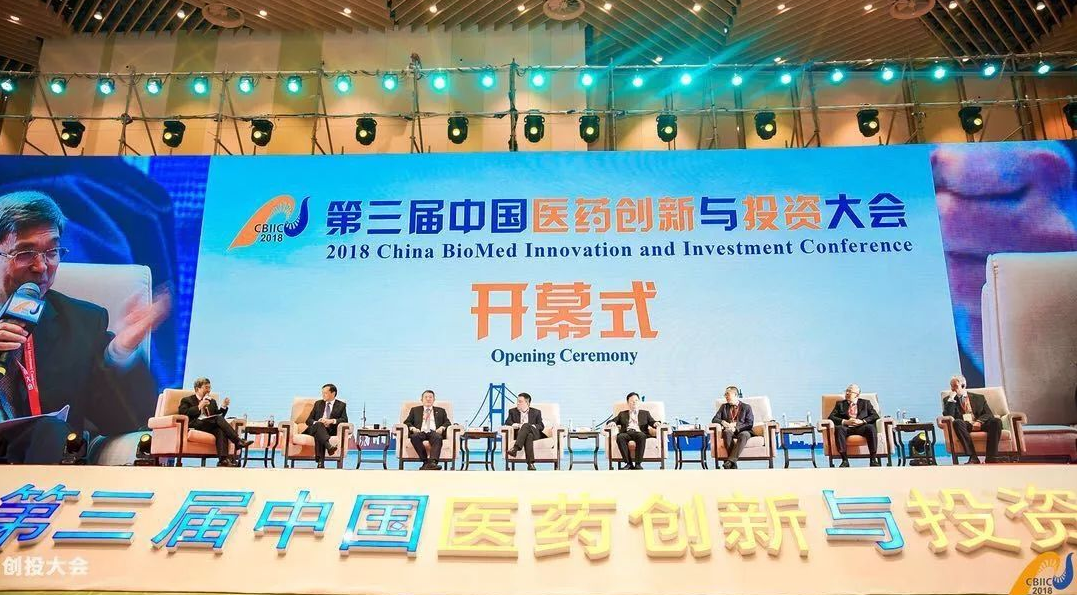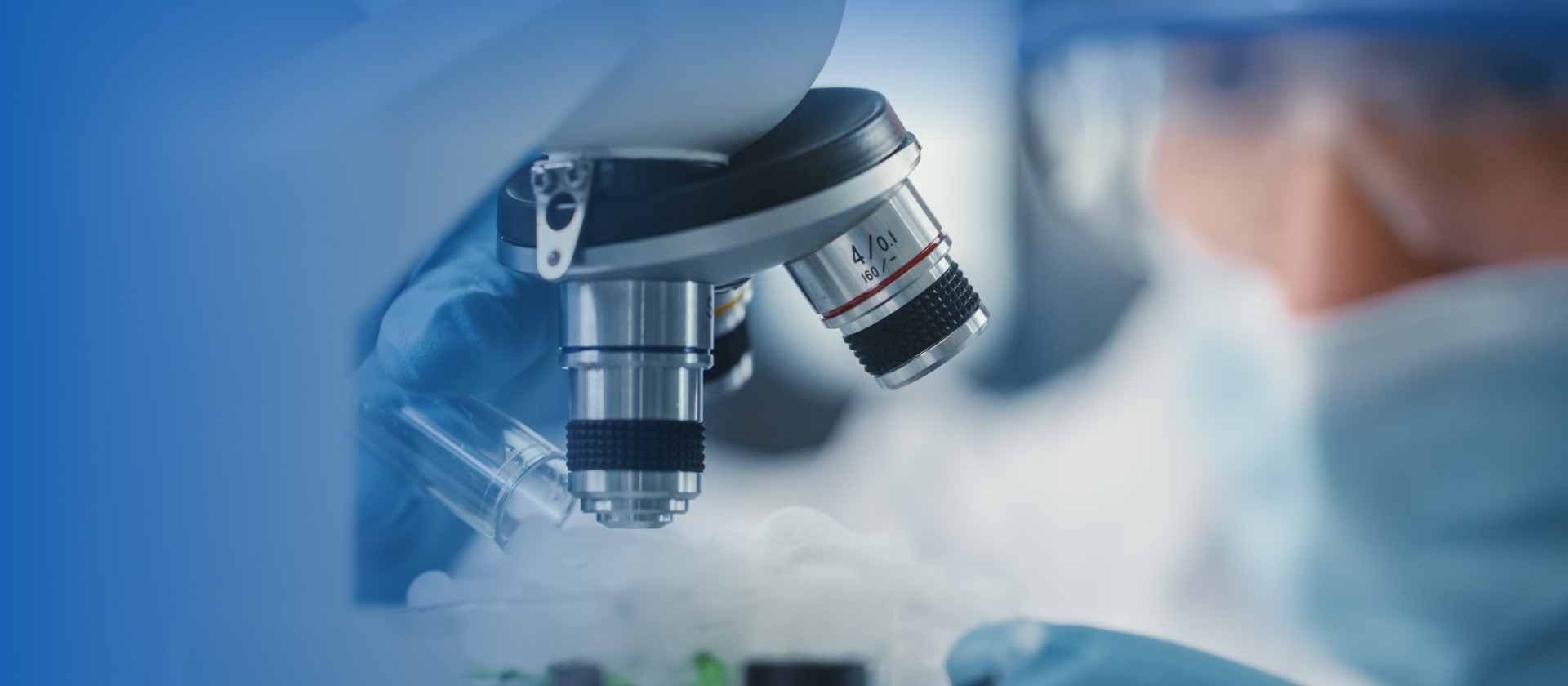Special Report: Review of Phase I Clinical Data of CHA for Injection, a Natural Small-Molecule Innovative Drug for Glioma Treatment, and Prospects for Phase II Clinical Trials

The "3rd China Pharmaceutical Innovation and Investment Conference" was held at the Conference Center of Suzhou Bio-industry Park on September 18, 2018. At the conference, Jiuzhang Biotech delivered a special report titled "Review of Phase I Clinical Data of CHA for Injection, a Natural Small-Molecule Innovative Drug for Glioma Treatment, and Prospects for Phase II Clinical Trials".
The report scientifically expounded and analyzed the biological characteristics, anti-tumor mechanism, Phase I clinical data (safety, pharmacokinetics, treatment trends) and special cases of CHA, and briefly introduced the design and later plans of the Phase II/III trials of CHA for injection in the treatment of recurrent Grade IV glioblastoma (GBM).
Currently, the Phase I clinical trial of CHA for injection in the treatment of advanced malignant gliomas has been completed, and the Phase II clinical research is about to be carried out. Since temozolomide was approved by the FDA for the treatment of malignant gliomas in 1999, the median survival time of patients with malignant gliomas from initial diagnosis to death has been increased from the previous 12.1 months to 14.6 months. For patients with recurrent high-grade (Grade IV) gliomas, the globally recognized median survival time is 7.2 - 9.6 months. For patients with recurrent high-grade (Grade IV) gliomas who have failed international standard treatments (disease progression), the globally recognized median survival time is only 3 - 4.6 months. Up to now, this data has not been rewritten, and there has been no breakthrough new drug launched globally in the past 18 years.
In the Phase I trial of CHA for injection in the treatment of advanced malignant gliomas, all the enrolled subjects were patients with high-grade malignant gliomas who had failed international standard treatments such as surgery, radiotherapy and chemotherapy (disease progression). The trial results showed that all the subjects with Grade IV gliomas were patients with multiple recurrences, and the median overall survival (OS) (calculated starting from the random administration of the drug) reached 9.3 months, while the median OS of patients with Grade IV gliomas with multiple recurrences in the literature was only 3 - 4.6 months. The median OS (calculated starting from the random administration of the drug) of the subjects with Grade III gliomas is still ongoing. And during the follow-up of the subjects' survival period after the end of the Phase I trial, according to the RANO criteria for glioma tumor assessment, 1 subject achieved complete remission (CR) and 1 subject achieved partial remission (PR). In the effective dose group (3mg/kg group), as of September 10, 2018, among the subjects who completed the trial, the median OS (calculated starting from the random administration of the drug) of the subjects with Grade IV gliomas with multiple recurrences reached 21.4 months; the median OS (calculated starting from the random administration of the drug) of the subjects with Grade III gliomas is still ongoing. The survival of the subjects with Grade IV gliomas with multiple recurrences in the effective dose group of the Phase I trial benefited significantly.
In addition, in this trial, among the enrolled subjects, except for the adverse events related to the local reaction at the injection site (muscle induration), the rest were all adverse events related to disease progression, indicating that CHA for injection has extremely high safety.
CHA is a natural substance widely present in plants and was discovered by British scholars in 1897. The R & D team of Sichuan Jiuzhang Biotechnology Co., Ltd. was the first in the world to develop the CHA monomer into a drug, carried out systematic pre-clinical research, obtained independent intellectual property rights, and applied it to the research on the treatment of major diseases (cancer). It is a world's first Class 1 anti-cancer new drug independently developed and with independent intellectual property rights.
The research of the Institute of Materia Medica, Chinese Academy of Medical Sciences also confirmed that CHA for injection is a multi-pathway, multi-target, broad-spectrum small-molecule natural immunomodulatory drug, which exerts anti-tumor effects mainly from two aspects: relieving immunosuppression and inducing tumor cell differentiation. On the one hand, CHA for injection can target and regulate immune checkpoints, relieve immunosuppression, and promote the proliferation of CD4T lymphocytes. On the other hand, CHA for injection can induce the differentiation of malignant tumor cells, changing them from a poorly differentiated state with a high degree of malignancy to a well-differentiated state with a low degree of malignancy. Especially in the pre-clinical and clinical studies of malignant gliomas, it was found that CHA for injection can penetrate the blood-brain barrier, regulate the proportion of immune cells at the lesion site, promote the aggregation of M1 macrophages that help eliminate tumor cells to the lesion, inhibit M2 macrophages that help tumor cell migration and proliferation, and thus inhibit the metastasis and proliferation of gliomas. The relevant basic research results have been published in "Scientific Reports".
Jiuzhang Biotech has also carried out systematic and comprehensive patent protection for CHA for injection. It has been authorized 28 domestic patents and 6 international patents; another 34 domestic patents and 24 international patents are in the substantive examination stage. The "Phase I/II Clinical Research of the First-in-class New Drug CHA for Injection" has been included in the major new drug creation project of the 13th Five-Year National Science and Technology Major Project.
Recently, Jiuzhang Biotech will also carry out a domestic multi-center Phase II clinical trial of gliomas with Beijing Tiantan Hospital Affiliated to Capital Medical University as the leading unit, striving to achieve rapid drug development in China.


